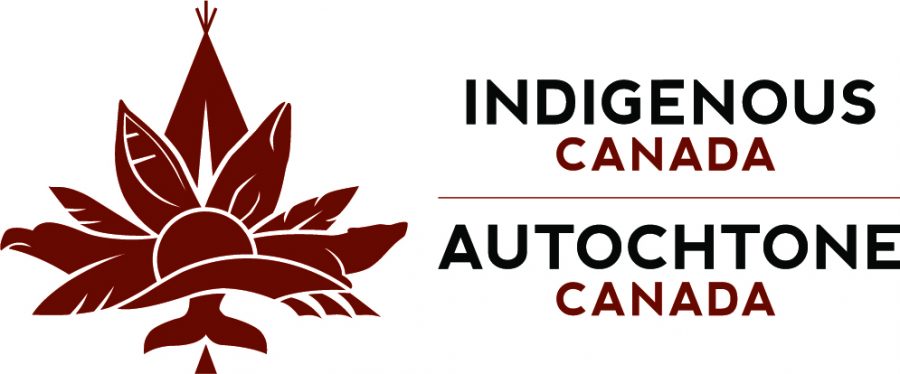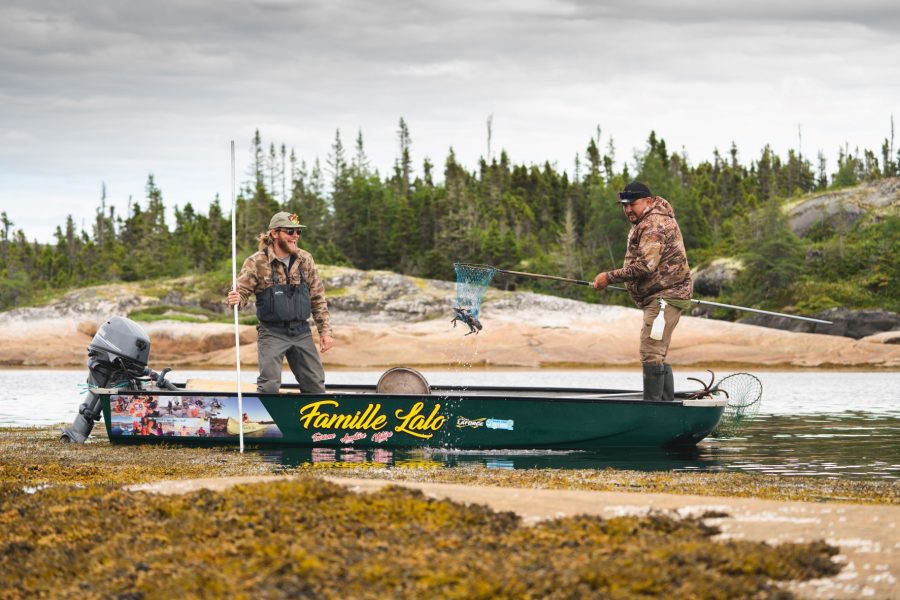Text: Vilhelmiina Vainikka and Monika Lüthje
Ethical Tourism Recovery in Arctic Communities -project organized a webinar on “Responsible marketing” via Zoom on 3.2.2022. With this text, we will offer you a chance to sneak a peek into some of the inspiring messages our presenters from different parts of the Arctic wanted to deliver.

Sébastien Desnoyers-Picard, the Chief Marketing Officer from Indigenous Tourism Association Canada (ITAC) gave a very powerful and informative presentation on Indigenous tourism reconciliation in action. The COVID-19 pandemic gave rise to a marketing campaign called The Original Original, referring to the original people of the land. They created a logo and the idea was that the Indigenous would become the centerpiece of authentic experiences, as alternative to the fake products and experiences. The focus was in the domestic Canadian audience, who might be interested in Indigenous experiences but do not necessarily know what those are or where to find them. Therefore, the aim of the marketing campaign was to make customers aware of Indigenous experiences, to have visitors recommending others these products, to make the experiences easy to find, have people across the country to purchase Indigenous experiences that is to decentralize tourism. He highlighted that Indigenous tourism is not about Indigenous people but made by them actively with them as the storytellers. Find out more about the campaign: https://destinationindigenous.ca/blog/the-original-original/

Photo: Alexis Nabisipi
Roger Johansen from Norway. He is the Strategic Development Manager at Northern Norway Tourist Board. His talk was a theoretical exploration into how the surveys for locals could be made better to support responsible tourism and futures that the local people wish to have. This is a dialogical relationship between what is and what is to become, now and future situation and desired one. Which indicators could support the values of these two situations? What is now, is based on top-down hard values and indicators such as export values and tax revenue whereas the what is to become indicators could be bottom-up soft ones like encounters, happiness and relations focusing on local values and good life on the local level.
José-Carlos Garcia-Rosell, Senior Lecturer from University of Lapland, Finland pointed out that according to the current definition of marketing by the American Marketing Association, marketing should not create value only for the customers and the companies but also for the society at large, meaning all the stakeholders. He gave an informative insight into sustainable marketing and social media. He stated that sustainable marketing should focus on the relationship between the firm and different stakeholders and not only be limited to a responsible marketing strategy used to respond to ethical consumers and support customer-firm relationships. Social media in sustainable marketing plays a crucial role in creating spaces for values-based multi-stakeholder dialogues which involves companies, customers and local stakeholders. José -Carlos showed how the case of animal welfare in tourism showed that user-generated content in social media can push issues to be taken care of in the companies. Social media is therefore a vehicle to rise awareness of the responsibility in tourism. Find out more about animal welfare in tourism: http://animaltourismfinland.com/
The webinar was a successful event with the audience consisting of tourism entrepreneurs, DMOs, authorities, and academic scholars and students. Our next webinar on “Ethics of Arctic Tourism” will be organized via zoom on 28.3.2022 15-17 CET. It will provide topical insights to the ethical dimensions of tourism in the Arctic from academic perspectives. Welcome.
